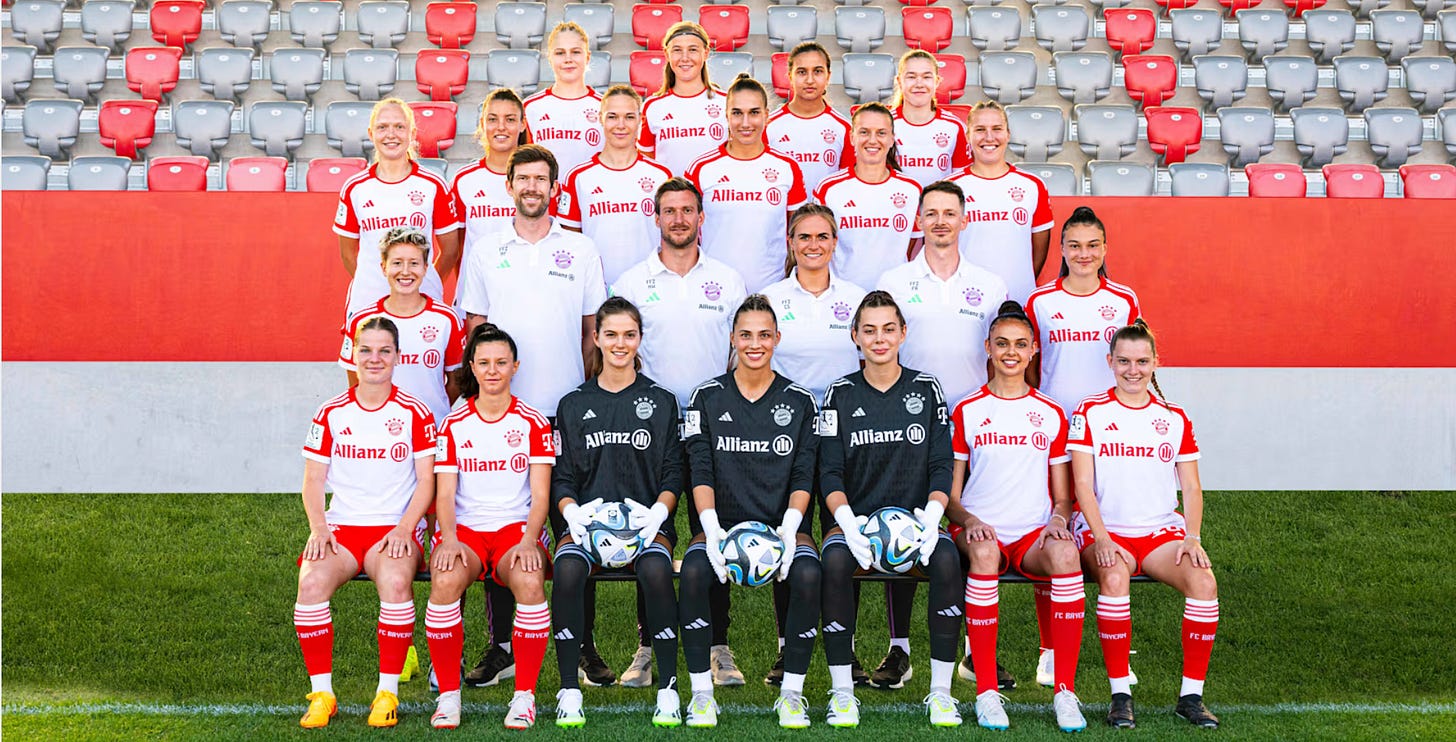What are the pros and cons of B Teams playing in competitive leagues?
While it's yet to catch on in England, many major European nations allow big clubs to enter 'B Teams' into lower divisions. It's met with some resistance, but they are standing by the big benefits...

B teams playing in domestic league is something of an alien concept in England, as is the concept of the ‘B team’ altogether, as it happens.
In England, fans are more accustomed to an Under 21 side, or at worst a reserve team, rather than the term B team, but on the continent it’s a whole other story.
While the youth development programme in England is still progressing with the introduction of new Professional Game Academies last year, they do not play in the lower leagues, although reports have now surfaced suggesting PGA sides from the Barclays Women’s Super League and Championship respectively may compete in the FA Women’s National League Plate competition from the 2024/25 season.
The move has been met with mixed reaction, but largely negative, yet overseas the concept of the top teams placing their youth teams into the lower leagues has been commonplace for some time, whether that be in Germany, Spain, France, Sweden or beyond.
The benefits are not hard to understand. Big clubs such as Bayern Munich and Barcelona get to give their young players competitive league games against players in some places twice their age and a proper league programme, but to say it’s met with the same enthusiasm from clubs who are being denied a place by said B teams would be an understatement.
Check out over 100 more unique stories in WFC’s Premium section, available for just £45 for 12 months, paid in one go, or a £6 a month rolling subscription.
All subscriptions come with a 7-day free trial to allow you to explore our full archive.
Plus, guarantee you everything that is to come over the next 12 months…
There are several other issues too, as WFC explored by speaking to several people at top clubs across Europe who have the benefit of a B team in the lower leagues, but it remains an intriguing set up and one which as mentioned is much more common beyond the four shores of the United Kingdom.
“In Germany, we can play a reserve team in the second division, which isn’t possible in the men’s league,” says Francisco De Sá Fardilha, Technical Director of Bayern Munich’s women’s team.
“In the men’s, a Bundesliga team can only have a reserve team as high as the third league. Our reserve team has been in the second division since 2010 and the team’s average age has been around 25 years old. Players who no longer played in the first team could continue their careers in the second team.”
Since the 2018/19 season, a new rule from the DFB ensured now only said teams can field a maximum of three players over the age of 20 in the matchday squad.
“There are clear limitations implemented by the DFG that prohibit the use of regular first team players in the team,” De Sá Fardilha continues. “Our average age is now 17.5. The DFB did this because many clubs requested for second teams no longer to be allowed to play in the second division, so the teams now take part as ‘U20’ squads. The aim is to develop young talent.”
Relevant Read…
Keep reading with a 7-day free trial
Subscribe to Women's Football Chronicles to keep reading this post and get 7 days of free access to the full post archives.



